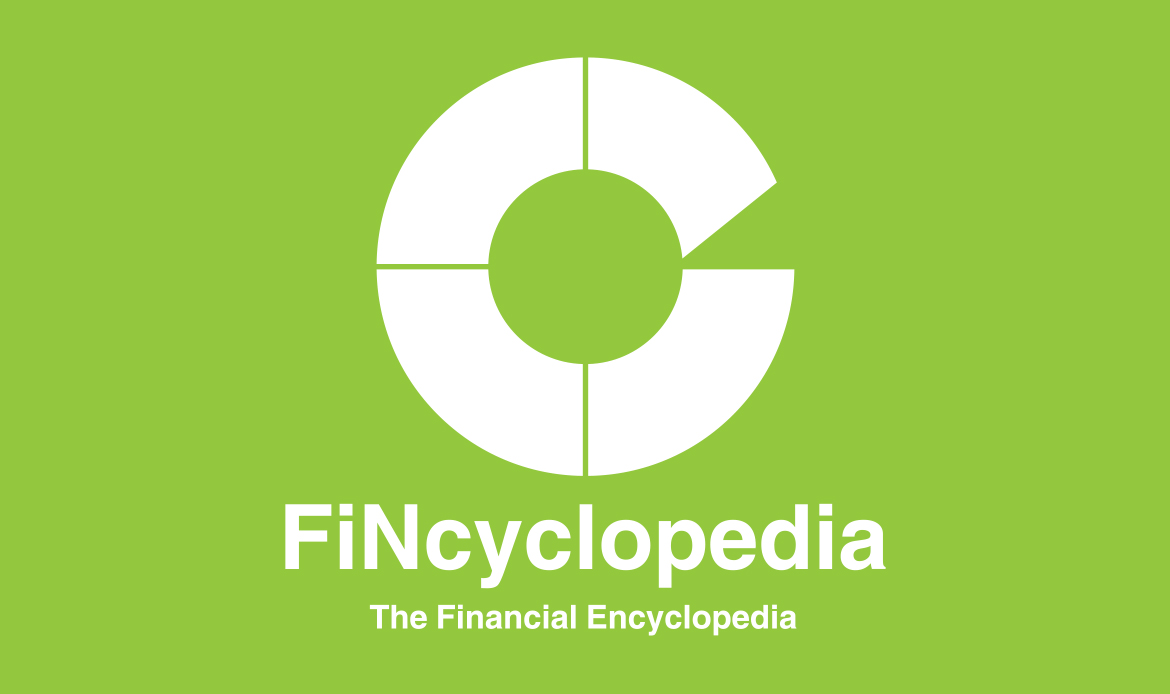A type of risk that is associated with sales (buyu) in which the price (thaman) of an underlying object (commodity), including the seller’s mark-up (ribh), is fixed for the duration of the contract (a fixed-income contract), involving a credit sale element.
The price at inception is benchmarked to a market rate, but any movement in the benchmark rate later on will impact the seller’s mark-up as mark-up rates cannot be adjusted to reflect the new market reality. Movement in market benchmark rates exposes a seller (such as an Islamic bank) to potential losses in terms of forgoing all, or pat of, its mark-up from such transactions (which include murabaha, musawama, etc.)
The mark-up risk may also be inherent in profit-sharing contracts such as mudaraba and musharaka as profit-sharing ratios are also benchmarked to a market rate that may experience changes over time due. Such market movements may impact determination and distribution of profit (ribh) for different parties to the contract.



